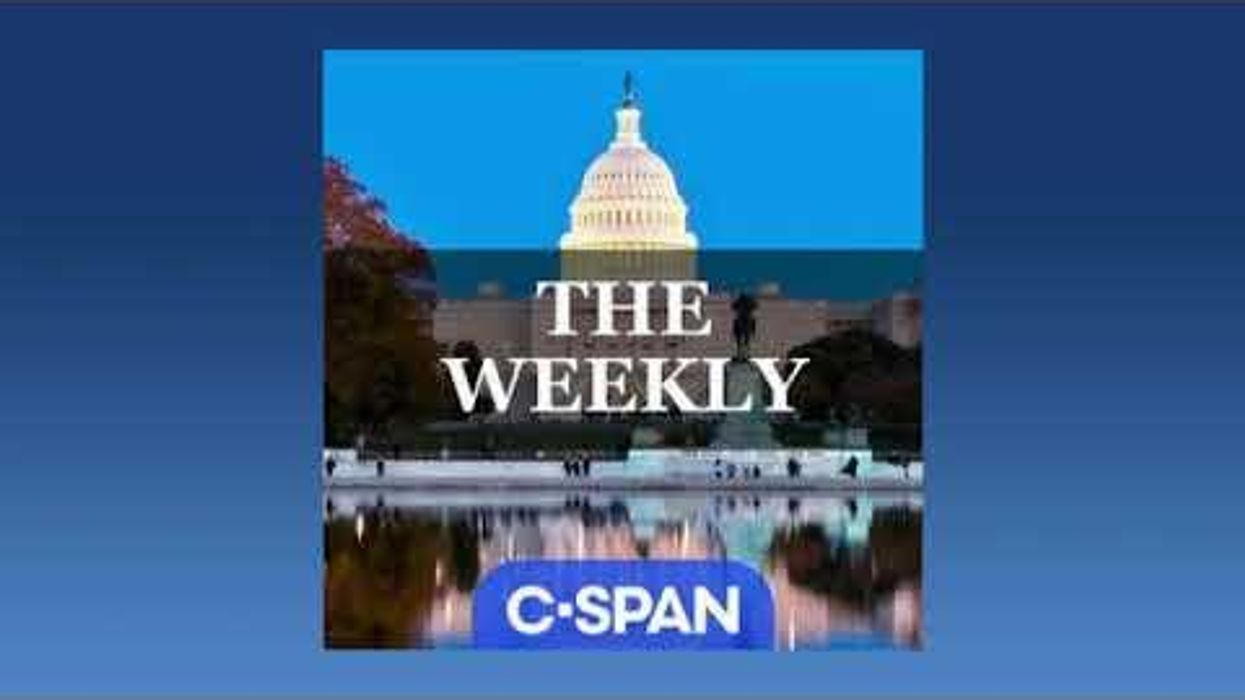When is it time to call a recession -- a recession? Sometimes it's not just about the hard data ... For a president, it could be a rhetorical and messaging challenge, as well. It is for President Joe Biden in 2022, and it was for President George W. Bush in 2008.
President Bush began 2008 in his State of the Union address by describing "a period of uncertainty." As the year went on, "period of uncertainty" became "slowdown", "downturn", "rough patch", "tough times", even "danger." When did he finally use the "R word" -- recession?




















Trump & Hegseth gave Mark Kelly a huge 2028 gift